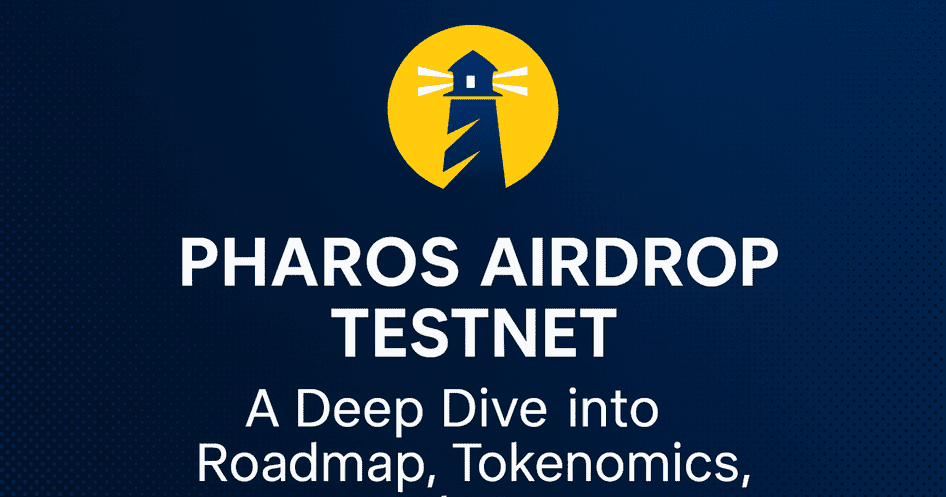Uniswap, a trailblazing decentralized exchange (DEX) built on the Ethereum blockchain, is transforming the cryptocurrency trading landscape. This guide will answer the question, “What is Uniswap and how does it work as a decentralized exchange on the Ethereum blockchain?” We’ll explore Uniswap’s operations, its role in the burgeoning world of decentralized finance (DeFi), and why it’s a game-changer.

The Need for Decentralization in Cryptocurrency Trading
Centralized exchanges have long been the norm in cryptocurrency trading. However, they present limitations, including security risks, lack of transparency, and control over user funds. Uniswap, Ethereum’s decentralized exchange, addresses these issues by offering a secure, transparent, and user-controlled alternative.
What is Uniswap and how does it work as a decentralized exchange on the Ethereum blockchain?
How Uniswap Works : Ethereum’s Smart Contract-Powered Decentralized Exchange
Uniswap, operating on the Ethereum blockchain, leverages smart contracts to automate cryptocurrency trading. Unlike centralized exchanges that depend on order books and intermediaries, Uniswap enables direct peer-to-peer transactions, eliminating the need for a trusted third party. This decentralized model enhances security, promotes transparency, and fosters trust among users.
Uniswap’s Core Mechanism: The Automated Liquidity Protocol
Uniswap’s innovative automated liquidity protocol is at its core. Instead of traditional order books, Uniswap encourages liquidity providers (LPs) to pool their assets into liquidity pools. These pools facilitate seamless token swaps at predetermined prices. By automating liquidity provision, Uniswap ensures constant availability of trading pairs and reduces price slippage.
Price Stability on Uniswap: The Role of Automated Market Making and Arbitrage
Uniswap’s automated market maker (AMM) mechanism dynamically adjusts token prices based on supply and demand. This algorithmic approach maintains price equilibrium, even without traditional market makers. Additionally, arbitrage traders contribute to Uniswap’s ecosystem by capitalizing on price differences across exchanges, helping maintain price parity.
Getting Started with Uniswap: Simplifying DeFi Trading
Uniswap simplifies entry into the world of decentralized finance. Users can connect their Ethereum wallets, such as MetaMask or Trust Wallet, and start trading various ERC-20 tokens instantly. Uniswap’s user-friendly interface makes it easy to track transactions and monitor liquidity pools in real-time.
The Role of UNI Token in Uniswap’s Ecosystem
UNI, Uniswap’s native token, is integral to the platform’s governance. UNI token holders can vote on key protocol decisions, including fee structures, token listings, and protocol upgrades. By giving the community governance capabilities, Uniswap cultivates a decentralized ecosystem where users influence the platform’s future direction.
Conclusion: Uniswap’s Impact on Decentralized Finance
Uniswap is reshaping cryptocurrency trading by leveraging the power of decentralization, automated liquidity protocols, and community governance. By democratizing access to financial markets, Uniswap is paving the way for a more inclusive and transparent financial ecosystem.
Meta Description:
Explore how Uniswap, Ethereum’s decentralized exchange, is revolutionizing crypto trading. Understand its automated liquidity protocol, the role of its governance token UNI, and its impact on the future of decentralized finance (DeFi).
Read more
You May Also Like

